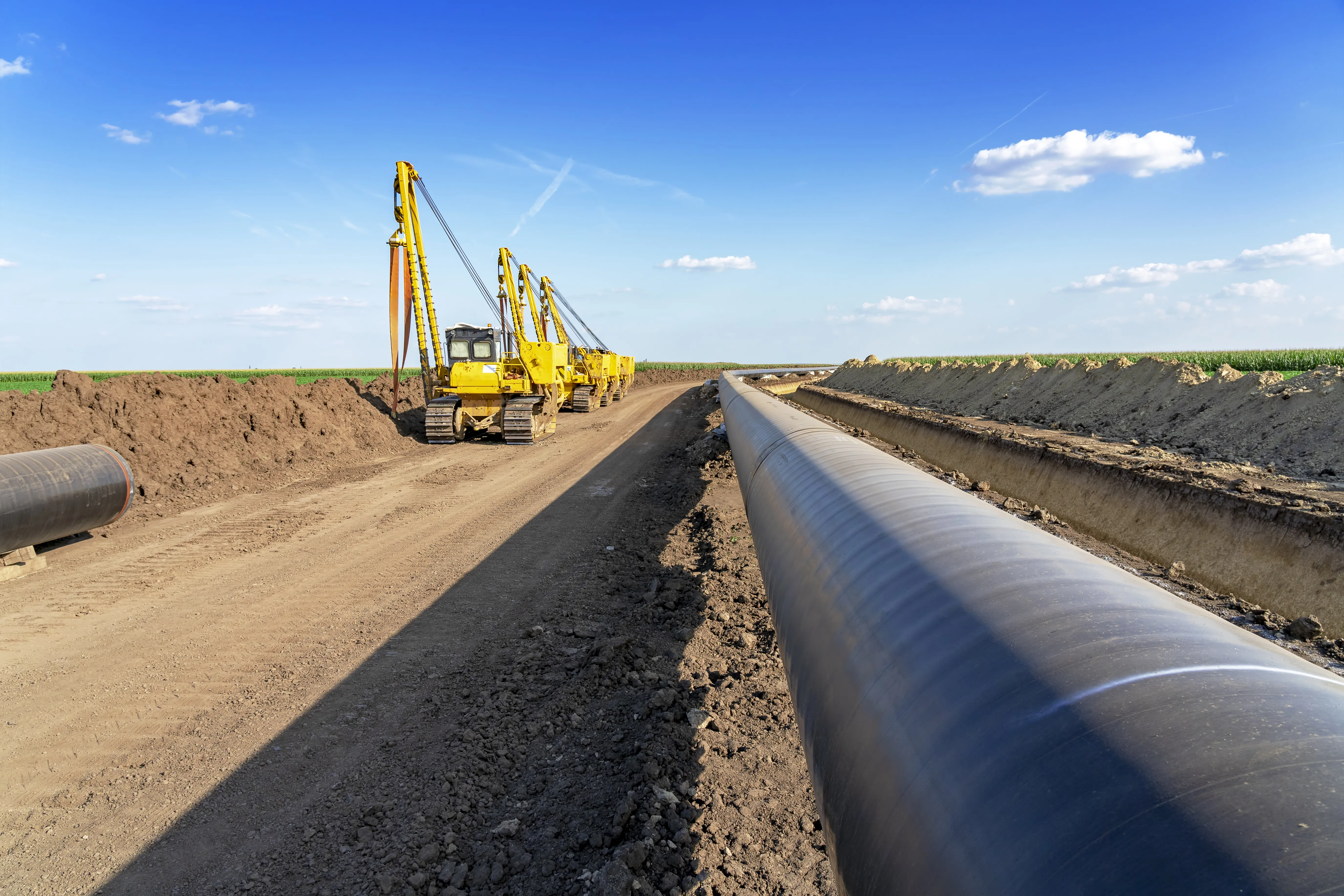
Minnesota puts proposed ‘100 percent carbon-free’ goal on fast track
(Minnesota News Connection) Minnesota has surpassed the goals it set more than a decade ago for renewable-energy standards. But as the climate crisis grows larger, there's a push to adopt new goals supporters say will benefit the state in multiple ways.
The start of the legislative session saw Democratic leaders and clean-energy advocates revive calls for Minnesota to approve a plan for 100 percent carbon-free electricity by 2040. The House version passed out of committee this week, and a Senate panel will soon take it up.
Michael Noble, executive director of the group Fresh Energy, said given the strides the state has already made in transitioning to sources such as wind and solar, meeting the revised goal should be achievable.
"Zero-carbon electricity sources are universally available and low cost," he said, "and our three largest utilities have already committed to get all of the carbon out of the electric supply. "
Companies such as Xcel Energy have carbon-free goals by 2050, but some on the utility side have expressed concern about reaching a higher standard while trying to balance energy demands and costs.
Supporters stress that relying on cleaner power sources will help control energy bills because they're cheaper to produce than coal-fired power. Beyond reducing emissions, backers are convinced this approach would lead to more jobs and innovation in Minnesota.
Gregg Mast, executive director of the group Clean Energy Economy Minnesota, said the plan provides flexibility by offering utilities "offramps" if they convey the need to reassess their contributions. He said that should put customers at ease about trying to achieve the 2040 goal while navigating volatile energy markets.
"Energy consumers should know that this will ensure that we continue to have clean, reliable and affordable energy," he said.
Noble said Minnesota doesn't want to lose ground in the global transition to clean energy.
"All 192 nations have now pledged to be net carbon neutral by the middle of the century," he said, "and this positions Minnesota to attract businesses and attract industries who want low-carbon, zero-carbon energy."

















